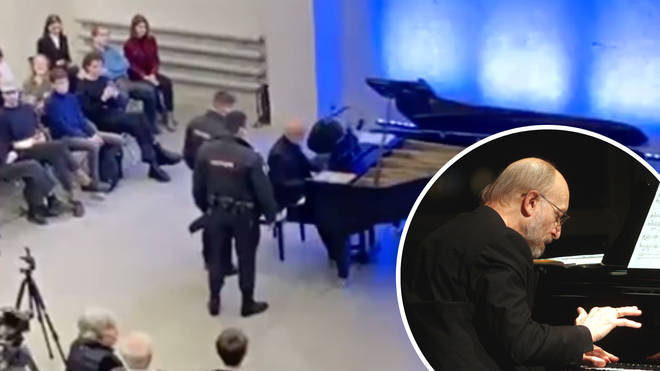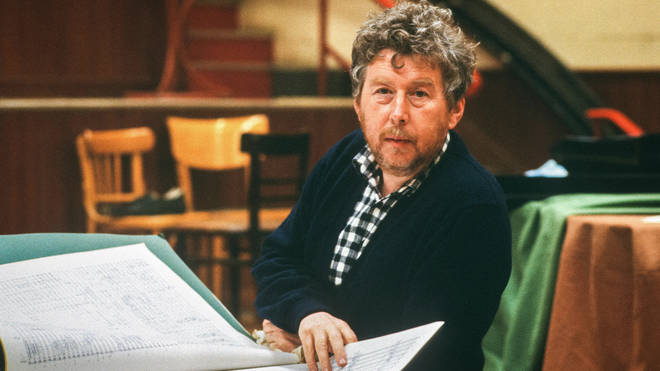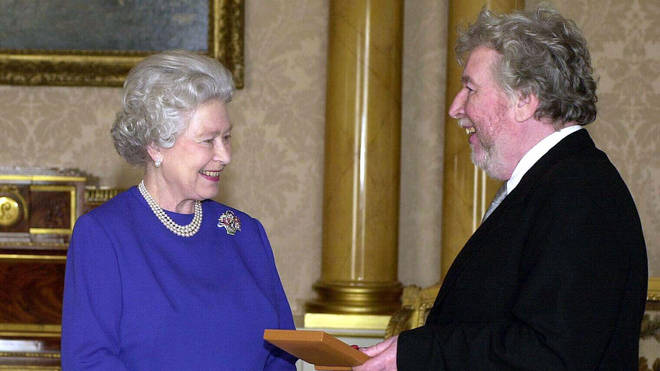
Police broke up a concert in Moscow which featured music by the Ukrainian composer, Valentin Silvestrov.
A concert in Moscow by Russian pianist, Alexei Lubimov, and Russian soprano, Yana Ivanilova, was broken up by police last night.
The performance, titled ‘Songs against the times’, featured works by , and Ukrainian composer, Valentin Silvestrov.
Police arrived at the Moscow cultural centre, DK Rassvet, to break up the concert. Almost every member of the audience had their phones out to record the unfolding situation as police entered the room. The policemen walked onstage to stand next to Luminov as he played the piano, and told him to stop.
However, Lubimov, who was playing the final bars of Schubert’s Impromptu No.2 Op.90, defied the authorities’ wishes and continued playing.
As he played the final chords, the 77-year-old pianist was met with loud cheers and a standing ovation from the crowd, who had stayed seated as the police tried to usher them out prior to the end of the musician’s performance.
Authorities were allegedly called to the concert venue following an anonymous tip-off of a bomb threat. However, unofficial reports suggest that the programming of the concert may be the real reason authorities arrived to break up the recital.
Lubimov is a good friend of Ukrainian composer, Silvestrov, who recently became a refugee, fleeing to Berlin after the invasion of Ukraine.
Silvestrov’s music has echoed around the world since the war broke out, in particular his composition, ‘Prayer for Ukraine’ which has become a symbol of solidarity performed by multiple internationally renowned orchestras and choirs. This work was one of the centrepieces of the Metropolitan Opera’s benefit concert for Ukraine last month.
During the course of his musical career, Silvestrov’s music was periodically banned by the former Soviet Union for “being too modern”. The composer also stood up to the former communist state by walking out of a composers meeting to protest the Soviet Union invasion of Czechoslovakia, during the late 1960s.
According to various posts on social media, a member of the audience may have actually alerted the police to come and shut down the concert after a composition by Silvestrov was performed.
While this may be the case, what happened at the concert after the audience turned their cameras off is still currently unknown. What we do know, is the bravery it took for Lubimov to not only programme Silvestrov, but to finish performing his music in defiance of the Russian authorities.



